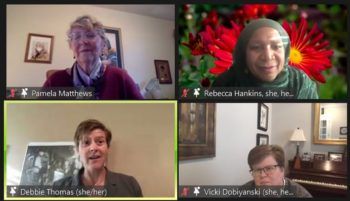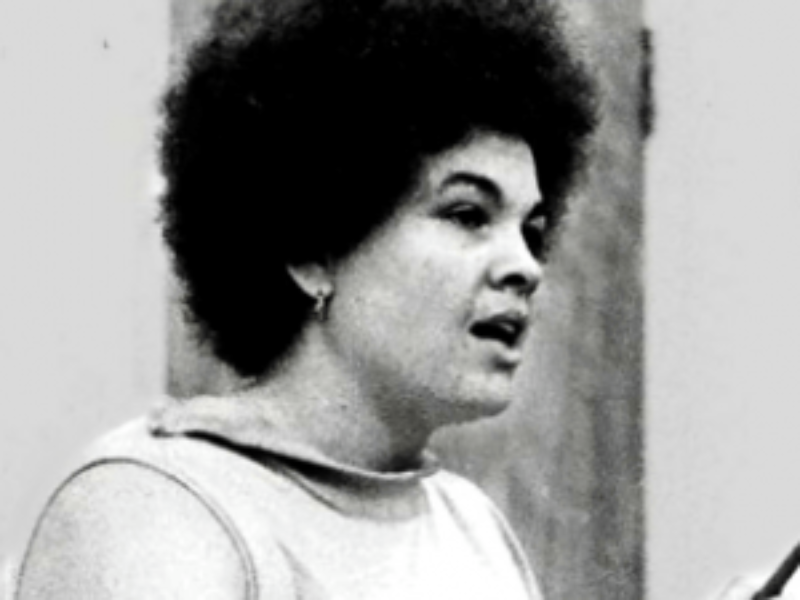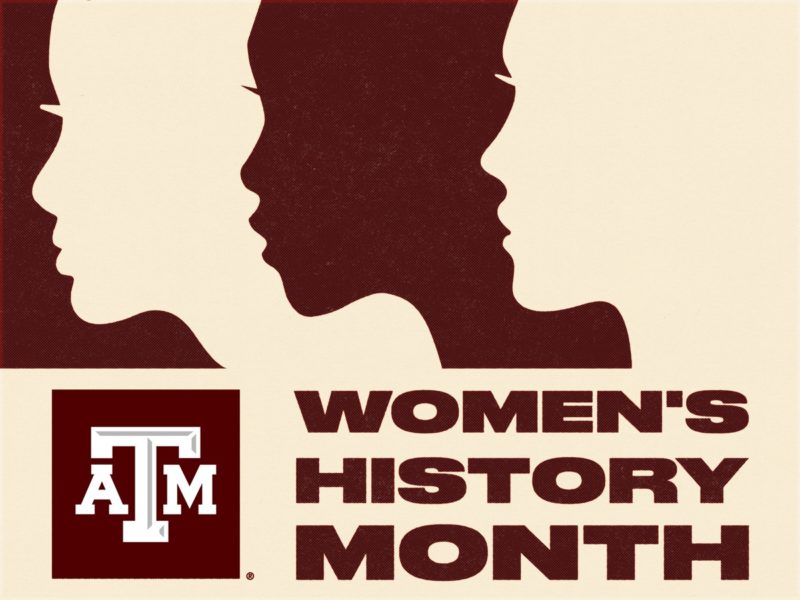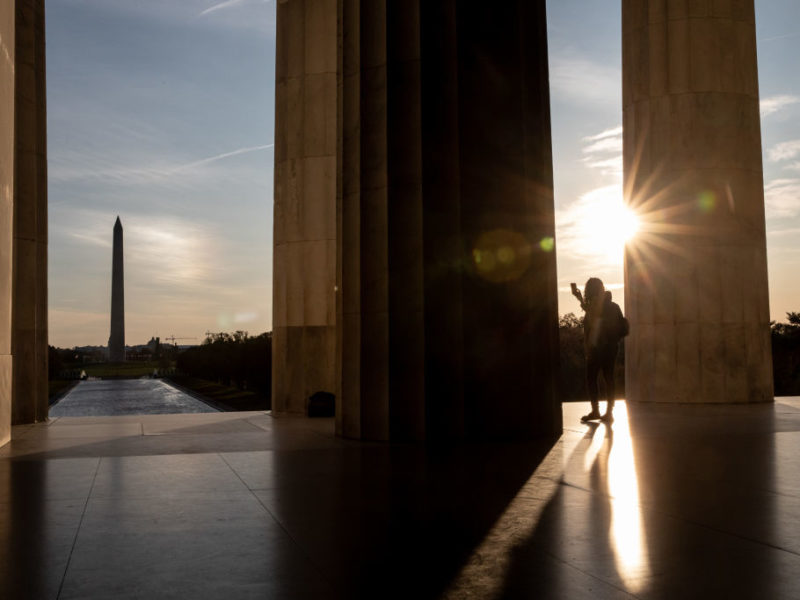Reflections On Being A Woman In Higher Education

Asked about the impact of her identity as a woman on her career in academia, College of Liberal Arts Dean Pamela Matthews said it influences her leadership constantly. Thinking about how to deliver messages to make people feel safe and comfortable, being tough when necessary without offending others – “that’s just a thing that women learn,” she said.
Speaking during a “Maroon Table Talk” discussion held Thursday in honor of Women’s History Month by the Student Government Association’s Diversity Commission, Matthews and three other female leaders at Texas A&M University reflected on their experiences in higher education and leadership.
From walking into conferences rooms filled with mostly men to being “grilled” by an administrative assistant who thought she was a student, Matthews said she’s encountered barriers throughout her career as a woman in academia. The other panelists participating in the virtual discussion echoed this, saying that their gender has often shaped experiences throughout their careers.
Also participating in the panel were Deborah Thomas, dean of the College of Geosciences; Vicki Dobiyanski, associate vice president in the Division of Student Affairs; and Rebecca Hankins, Wendler Endowed Professor and a certified archivist and librarian at Cushing Memorial Library & Archives.
Thomas, who specializes in paleoceanography, she recalled the moment she first felt gender bias during her career when her department head commented he would have to find someone to teach in her place after she told him she was pregnant.
“There was an immediate, subtle stigma that I was a burden on the department for becoming pregnant,” she said, adding that these scenarios are something she notices more now that she’s in an administrative position.
The “cumulative and insidious effects” of gender discrimination and harassment have been brought to the forefront in recent years by the National Academies of Science and Medicine, she said, adding that they can be devastating to the education, retention and promotion of women in all walks of life.
“The harm that those little daily cuts have” can undermine women’s self-worth and confidence, leading to imposter syndrome that’s enough for many to say, “I’m done,” Thomas said.
For Hankins, her identity as a woman can’t be separated from being Black and Muslim, she said, so each of those have come with their own marginalization and stereotyping. Hankins said she grew up in an all-white middle class neighborhood in Michigan, and credited her mother with giving her the ability to not feel intimidated by different environments throughout her career.
Growing up, Hankins wanted to be a mathematician, but recalled the lack of support she received in this career path. Moving into the library sciences and, specifically, archival studies, which she said is a male-dominated field, Hankins said she’s often found herself as the only Black person or woman in the room.
“Coming to Texas and having people question who you are, that was interesting to me, but it was never intimidating to me,” she said.
The panelists shared their thoughts on the most pressing challenges facing women today, their biggest inspirations and most transformative moments in their careers. Many cited the importance of support and mentorship from colleagues who saw qualities in them that they didn’t necessarily see in themselves.
Dobiyanski recalled such a moment when her boss at her previous university gave her a major opportunity in 2014. When the dean of students position became open, her boss eventually offered Dobiyanski the job – one that she didn’t think was a “remote possibility” at the time. It wasn’t in her plans, she said, but the position set her up for future opportunities.
“She really transformed my career, and I appreciate her seeing something in me,” Dobiyanski said.
Media contact: Caitlin Clark, caitlinclark@tamu.edu





